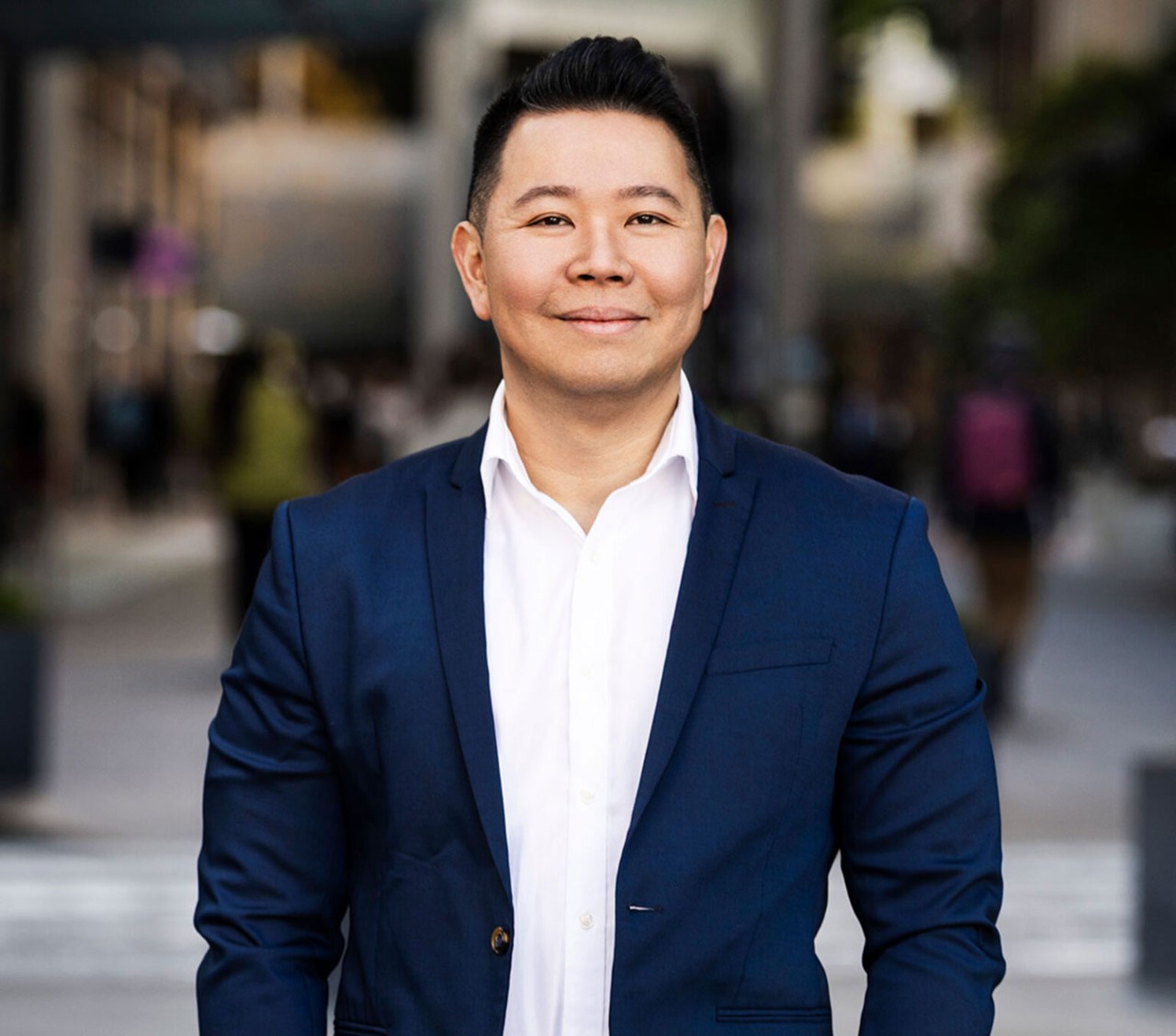
As regulatory frameworks tighten across South-East Asia, accountancy and advisory firms are stepping into a vital role, equipping businesses with the tools, insights and assurance needed to succeed in a sustainability-led future.
Over the past decade, sustainability has steadily moved from the periphery of corporate strategy into the spotlight. Now, a decisive shift is under way. What was once a matter of corporate goodwill is fast becoming a legal and financial obligation.
Advisory is becoming more integral to clients’ broader strategies
From the adoption of the IFRS Sustainability Disclosure Standards framework to rising carbon taxes and enhanced reporting regimes, South-East Asia’s regulatory landscape is evolving at pace. In response, practices are retooling, reskilling and realigning to meet growing client demand for credible, strategic and assured ESG (environmental, social and governance) support.
All of which is not without its challenges, such as a talent shortage, resistance to change and unpreparedness. ‘Organisations and enterprises may not yet be ready, especially for sustainability assurance,’ says Chua Soo Rui FCCA, managing director at Nexia Singapore. ‘Furthermore, the buy-in to embedding ESG practices across full supply chains has yet to gain much traction.’
Rising demand
‘Sustainability is now a core business priority, driven by evolving regulations, investor scrutiny and market expectations,’ says Kee Yin Lai, partner for technology, digital and sustainability consulting at Forvis Mazars Singapore. The firm has seen rising demand across both listed and private businesses, especially in the wake of new mandatory reporting requirements and the push for external assurance of sustainability disclosures.
For Soo Rui, demand is being driven on multiple fronts. ‘This is not only about regulatory requirements,’ she says. ‘Rising investor expectations, international supply chain pressures and the overall push towards ESG accountability are all helping with the increase in demand for sustainability service providers.’
Traditionally slower to adopt formal ESG policies, small and medium-sized enterprises are now coming under pressure from business partners to demonstrate alignment with recognised sustainability standards. ‘SMEs are beginning to show interest,’ Soo Rui says, ‘as they face pressure from customers and/or suppliers, in particular, multinational corporations.’
‘Stakeholders are pushing for more rigorous standards’
Hong Kong is experiencing similar momentum. In 2021, it set a goal for carbon neutrality by 2050, as detailed in its Climate Action Plan 2050, which includes substantial funding for climate initiatives over the next 15 to 20 years.
‘The existing regulatory framework for ESG in Hong Kong primarily focuses on listed companies, which are required to report on various ESG aspects using a comply-or-explain approach,’ says Adele Yim, ESG partner at Forvis Mazars Hong Kong.
‘Recently, requirements have become increasingly stringent, reflecting a growing recognition of sustainable practices in business. Stakeholders now demand greater accountability and transparency, pushing organisations to adopt more rigorous standards and reporting practices that align with broader ESG goals.’
New frontier
To meet these rising expectations, practices are expanding their capabilities at pace. From ESG readiness assessments to stakeholder engagement, carbon footprinting and limited assurance of sustainability reports, advisory offerings are becoming more sophisticated – and more integral to clients’ broader strategies.
‘Demand is high, particularly in areas beyond compliance and reporting’
Forvis Mazars has developed a three-pillar approach encompassing ESG strategy/transformation, sustainability reporting/assurance, and sustainable finance. ‘We help companies place sustainability at the centre of their business,’ Lai says. ‘Sustainability creates opportunities for companies by improving corporate resilience, enhancing economic value and contributing to a sustainable ecosystem.’
Importantly, sustainability is no longer viewed as a standalone service, but one increasingly integrated into existing audit, risk and compliance frameworks. ‘Our audit team applies assurance techniques to validate ESG disclosures,’ Soo Rui explains, emphasising the dovetailing of ESG assurance with statutory audit.
Yim agrees. ‘Our integrated approach combines sustainability consultancy with auditing, enabling organisations to identify ESG-related liabilities and ensure compliance with regulations.’ She adds that the model helps clients address ESG risks while building long-term business value.
Talent challenge
Yet amid rising demand lurks a familiar constraint: talent.
‘The demand for sustainability expertise is high, particularly in areas that go beyond compliance and reporting,’ Lai says. While data collection and reporting skills are increasingly available, there is a shortage of professionals who can translate ESG principles into strategic business value.
To address this, firms are investing in upskilling programmes focused on practical implementation. Forvis Mazars, for example, has rolled out training in areas such as the EU Corporate Sustainability Reporting Directive, ESG assurance, decarbonisation strategies and climate risk assessment. And Nexia Singapore has partnered with local universities to deliver sustainability assurance workshops, while many partners have pursued professional certification, including the ACCA Certificate in Sustainability for Finance.
Digital enablement
Technology is beginning to play a more prominent role in ESG transformation. Forvis Mazars Singapore uses Ecometrica, a carbon accounting tool that streamlines greenhouse gas emissions tracking and reporting.
‘Technology is a critical enabler in helping our clients to meet their sustainability obligations efficiently and accurately,’ Lai says. ‘It ensures that sustainability reports are robust, transparent and audit-ready.’
‘We believe in practising what we preach’
Nexia Singapore has taken a more limited approach so far, using basic AI platforms to support reporting functions. But internally, the firm has made strong progress on its own ESG journey – operating a paperless office, adopting hybrid work policies to reduce travel emissions and celebrating an annual ‘sustainability month’ to promote staff engagement.
‘We believe in practising what we preach,’ Soo Rui says.
Need to have
Increasingly, ESG is no longer optional. Businesses – and the professionals who advise them – must treat sustainability as a core strategic function, not a tickbox exercise.
Those advisers need to be able not only to interpret the standards but to apply them in ways that drive business value and strategic impact. Clients are looking for more than compliance support. What they want are partners who can help them future-proof their operations, attract capital and build resilience in an uncertain world.
As Yim puts it: ‘By staying ahead of regulatory changes and industry trends, we ensure that our clients not only comply with existing standards but also build resilience and drive long-term value in a complex ESG landscape.’


